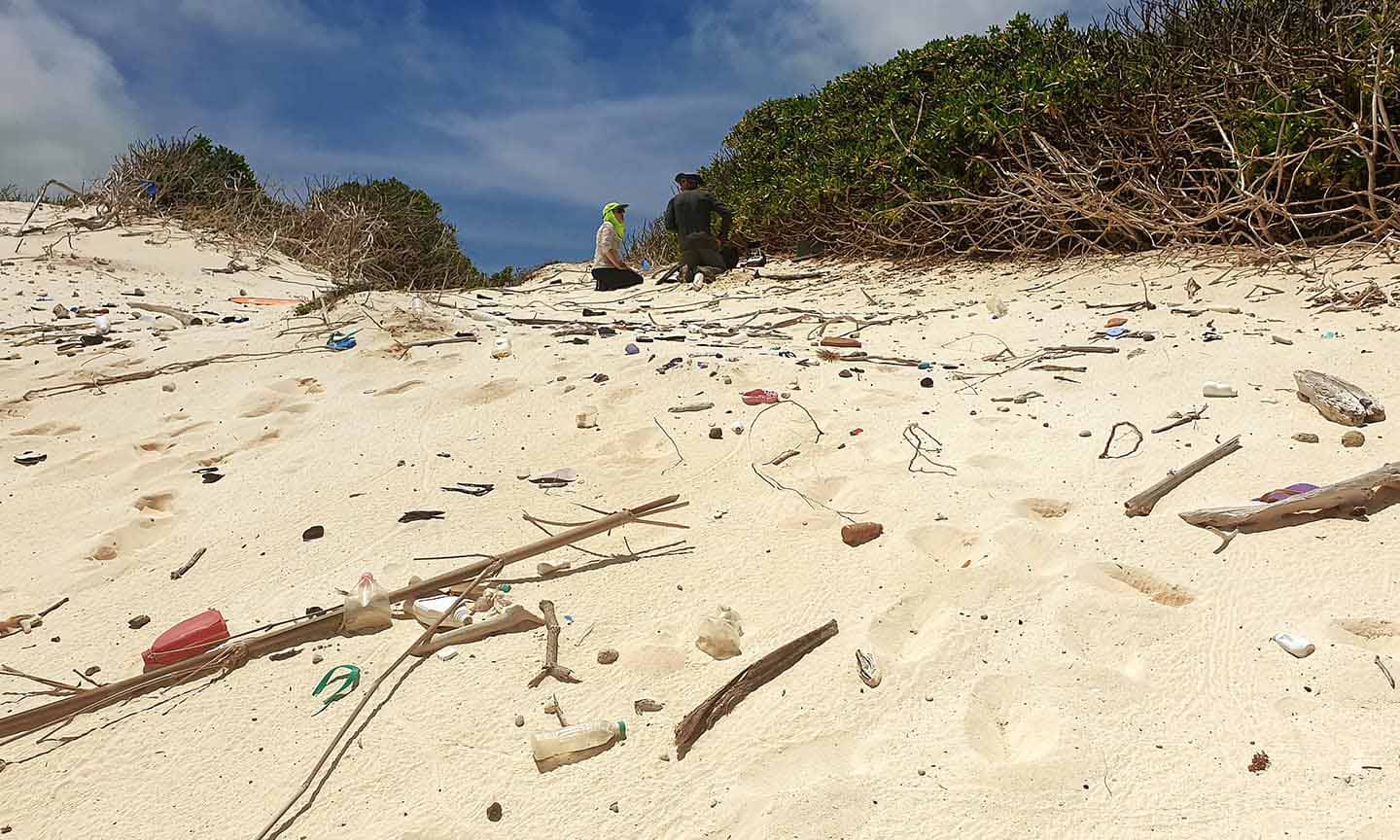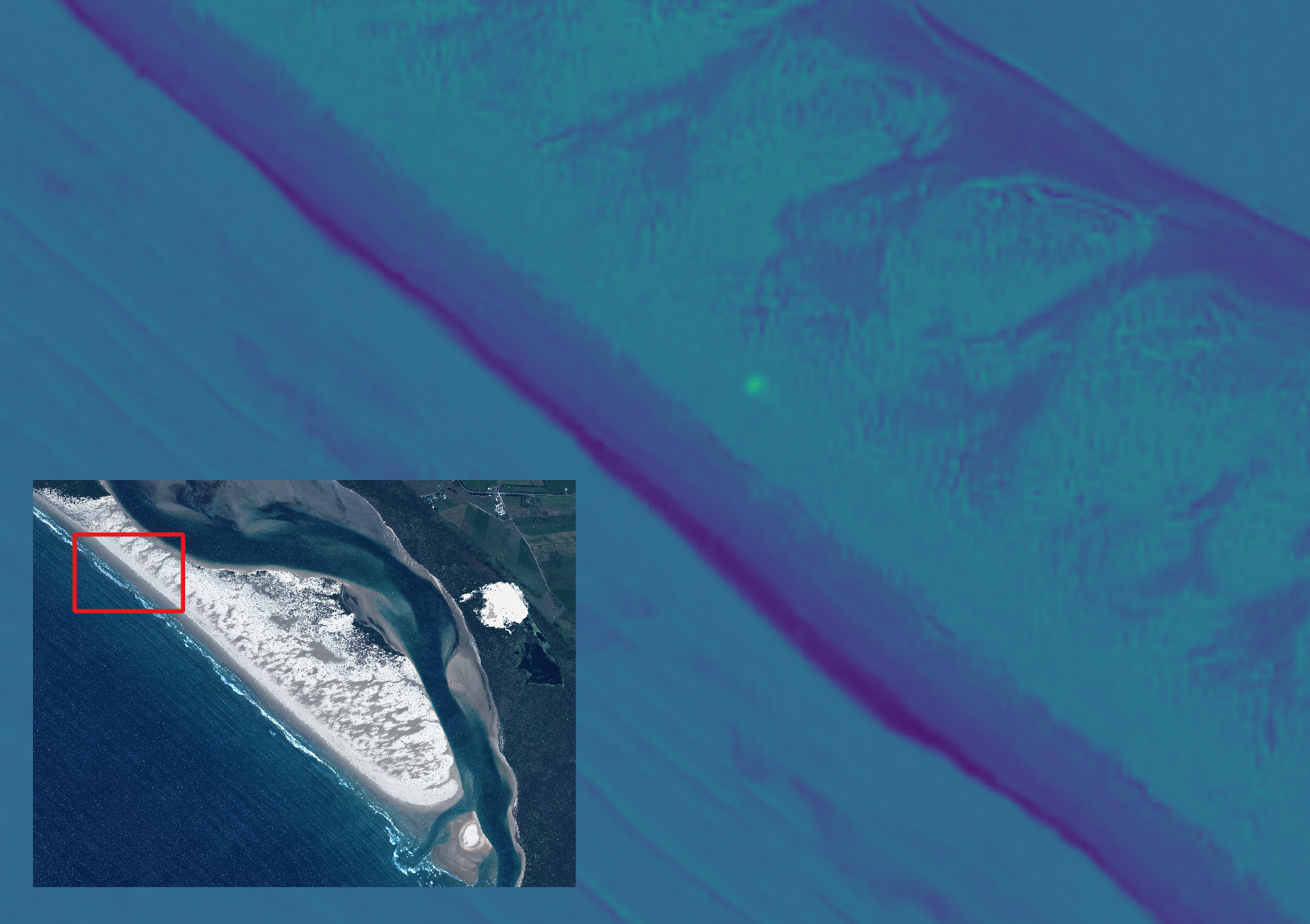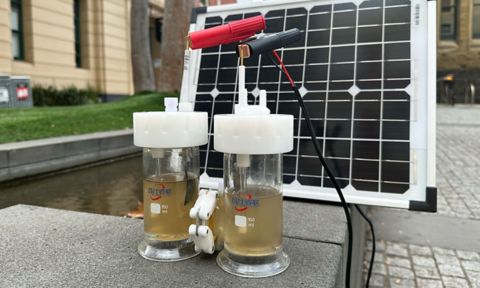Wastewater contaminants boost green hydrogen production
Research led by RMIT University has developed an experimental invention to turn wastewater’s high contaminant load into an advantage for making green hydrogen that could reduce reliance on fresh water – a scarce resource in many parts of the world.
Restored wetlands reap benefits for climate, drought-resilience after just one year: study
Reviving floodplain wetlands slashes carbon emissions by 39% and restores critical ecosystem functions in one year – without the methane spike typically seen in restored peatlands, a new study has found.
Carbon neutrality for the life of the planet: RMIT launches research centre for whole life design of carbon-neutral infrastructure
The ARC Industrial transformation Training Centre for Whole-Life Design of Carbon Neutral Infrastructure (DfCO2 Centre) will upskill Australia’s civil infrastructure workforce with the methodological and technological expertise necessary to produce infrastructure that is carbon neutral for its whole life.
Quantum battery device lasts much longer than previous demonstrations
Researchers from RMIT University and CSIRO, Australia’s national science agency, have unveiled a method to significantly extend the lifetime of quantum batteries – 1,000 times longer than previous demonstrations.










